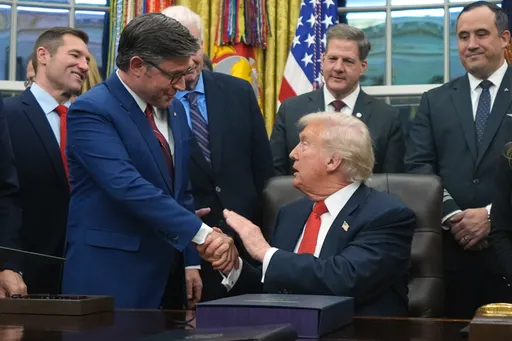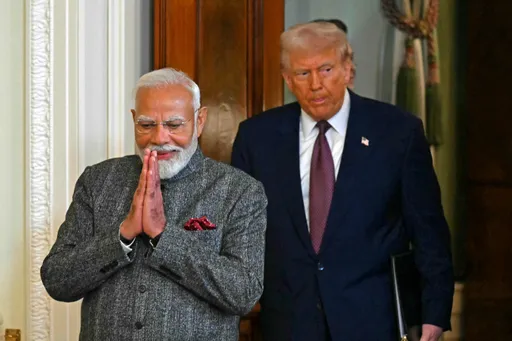Thousands of demonstrators have poured into Colombia's streets to protest the government of President Ivan Duque, marking an eighth day of deadly clashes that have brought international condemnation.
Students, unions, indigenous people and other groups assembled on Wednesday in the capital Bogota, as well as the cities of Medellin in the northwest and Cali in the southwest.
The demonstrators are rallying against the Duque government's policies on health, education and security, in addition to protesting the violence demonstrated by security forces.
According to official figures, at least 24 people have died – 18 of whom were shot – with more than 800 others injured and 89 people reported as missing during the week.
However exact figures vary, with the Temblores NGO reporting 31 people dead.
Reporters Without Borders meanwhile said 76 journalists were assaulted, 10 of whom were injured by security forces.
Demonstrators staged protests at various points around Bogota on Wednesday, holding banners with slogans such as "Duque resign."
READ MORE:Protests rage: why are Colombians so angry?
Indigenous people join the protests
Despite calls for calm from the international community, there were violent skirmishes in the capital overnight.
Thirty civilians and 16 police officers were injured in numerous attacks on police stations, the Bogota mayor's office said.
On Wednesday the aftermath of the clashes was visible in the capital in the form of torched police stations, vandalised bus shelters and banks, and smoldering tires.
"It hurts to see this but what hurts even more is the negligence of a deaf government that prefers to send the public forces, that instead of helping (the people) prefers to help the banks, the big businesses," said Hector Cuinemi, a 19-year-old student in Bogota.
Around 8,000 people took to the streets of Medellin, Colombia's second largest city, by mid-morning, chanting slogans against Duque's political mentor, former president Alvaro Uribe.
Many roadblocks remained in Cali – the third largest city and one of the most violent in Latin America – causing fuel shortages and concern over the delivery of medical supplies with the country struggling against a second wave of the coronavirus pandemic.
Several thousand indigenous people joined the city's protests, many of them shouting "resistance."
READ MORE:Thousands of Colombians protest tax reform amid pandemic
President defends security forces
Protests first broke out on April 28 against a proposed tax reform – which has since been withdrawn – following a call from the National Strike Committee, which represents groups such as unions, indigenous people and civil associations.
On Tuesday the United Nations, European Union and United States, as well as human rights organisations, hit out at the security forces for "excessive use of force."
One of the worst incidents took place in Cali on Monday night when five people died and 30 were injured in violence there.
The government blames the violence on armed gangs including dissidents of the disbanded leftist FARC guerrillas, members of another leftist rebel group, the ELN, and drug traffickers.
Duque hit out at "a criminal organisation that hides behind legitimate social aspirations to destabilise society and generate terror."
The president has previously promised to open "spaces for dialogue" with the various protesting sectors, although he has defended the security forces and said they are the main victims of the violence.
READ MORE:Colombia braces for fresh tax reform protests after deadly week
Matches moved to other countries
The social unrest comes just over a month ahead of the start of the Copa America, jointly hosted by Colombia and Argentina.
South American football's governing body CONMEBOL moved five continental club matches that were to be played this week in Colombia to other countries.
But Duque vowed that the Copa America would continue to be jointly hosted by Colombia: "The Copa will happen ... in the two countries. I think it will be an important message at this time," he said.
The anti-government protests come at a time of economic despair for many, fueled by the global coronavirus crisis.
In its worst performance in half a century, Colombia's GDP shrank 6.8 percent in 2020, and unemployment stood at 16.8 percent in March.
Almost half the population lives in poverty, according to official figures.
READ MORE:Colombian president scraps tax plan after angry protests























